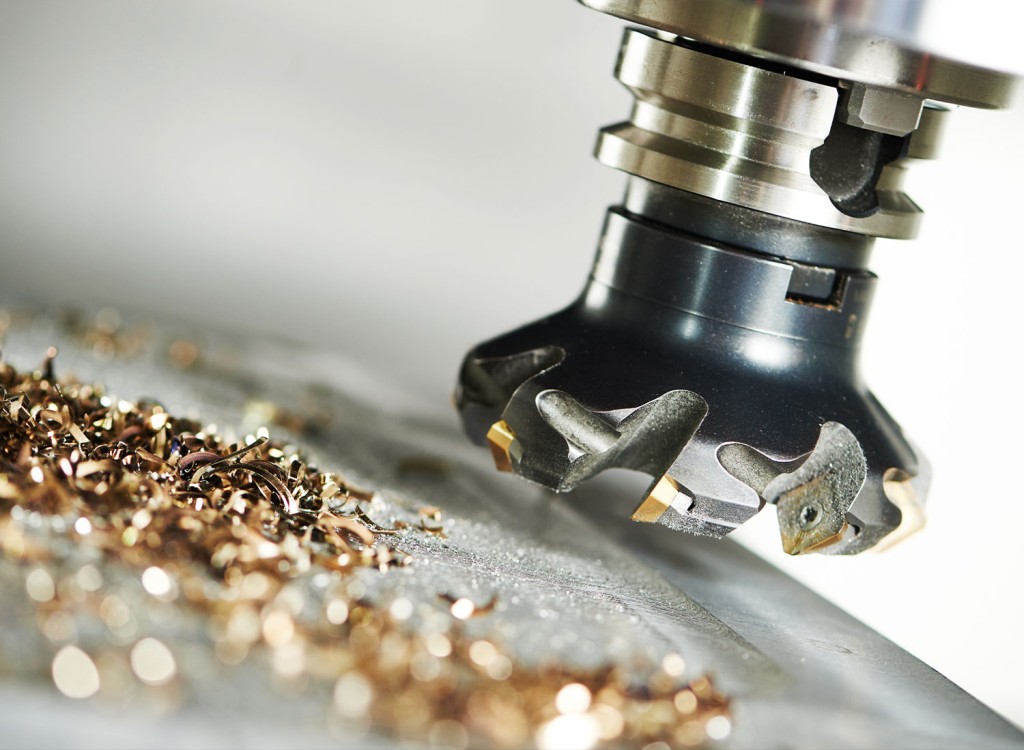News & Events
Innovation in the sustainable recycling of hard metals

28 | 02 | 2025
The Ceit Technology Centre is taking part in the RESQTOOL European project which, within a four-year period, seeks to provide a sustainable, efficient solution for the recycling of critical raw materials in strategic industries.
Hard metals, also known as cemented carbide, are essential for strategic sectors such as the car industry, aeronautics, defence, construction, mining and the food industry owing to their unique combination of great hardness and resilience. However, producing them depends on critical raw materials such as tungsten (W) and cobalt (Co), the supply of which faces challenges due to the reduction in availability and volatility in terms of prices. Although recycling W and Co from manufacturing subproducts and residues is an established practice in industry, there are technical, logistic and legislative challenges involved in ensuring the circular management of these resources.
A comprehensive solution for the recovery of hard metals
The Ceit Technology Centre is taking part in the RESQTOOL project, which came into being by way of a response to these challenges, providing a comprehensive solution to optimise the recovery of hard metals. To this end, work will be undertaken on two main approaches. Firstly, the aim is to improve the efficiency of the Zinc Reclaim process, which enables cemented carbide to be recovered via zinc diffusion in the metal matrix, resulting in a drastic reduction in carbon footprint. The purpose is to extend their use to all types of tools via a more efficient classification based on standard marking of tools during their production.
Secondly, advanced chemical recycling will be developed based on organic acids of agro-industrial origin, which will boost the production of high-value metals combined with a significant reduction in the generation of toxic residues. These solutions offer a key advantage over traditional methods that use large amounts of energy, chemical products and water, and also give rise to a large amount of residue. Thus, the project seeks to preserve the original properties of hard metals for their subsequent reuse in the applications described, without any loss in terms of performance.
Additionally, the project will be implementing advanced separation technologies, taking a zero-residue approach. These innovations will not only reduce dependency on new strategic raw material mining (controlled by Asian powers), but will also minimise the sector’s carbon footprint, being aligned with EU sustainability goals.
Ceit: key in the characterisation of recycled materials
Ceit plays an essential role within the project framework in the development of advanced methodologies used in the characterisation of recycled metal powders. To this end, it will be using advanced powder metallurgy processing techniques and characterisation of sintered products. Furthermore, Ceit is at the forefront of creating encoding systems designed to facilitate traceability and classification of hard metal residues. Another key contribution is the validation of recycled materials, undertaken by assessing their composition, microstructure and mechanical properties to ensure their quality prior to the manufacturing of demonstrators that will be tested in a range of industrial environments (the car industry, civil engineering, metal machining, and wear-and-tear applications).
The RESQTOOL project, funded by the EU HORIZON programme, is led by EPMA (European Powder Metallurgy Association) with the participation of Ceit, Fraunhofer IKTS, University of Cagliari, Sandvik, Ceratizit, F.I.L.M.S, Tikomet Oy, Stadler Metalle, HILTI, Irish Manufacturing Research, Phoenix Surowce and TEMSA (now Hyperion). Together, the consortium partners will be working over the next four years on the implementation of solutions to ensure a more sustainable future for the hard metal industry in Europe.